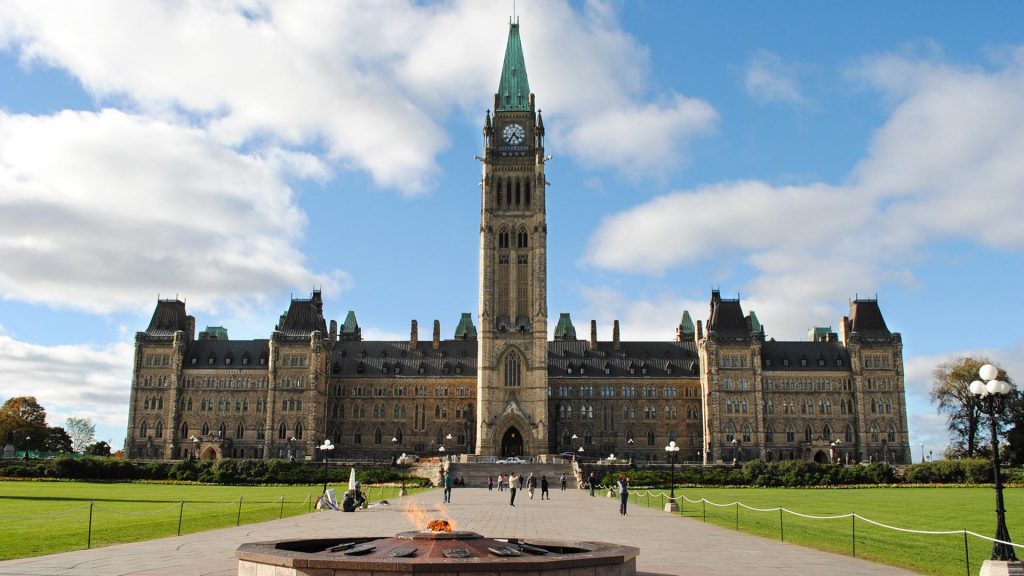
Mark Podlasly knows capitals markets and says investors are looking for safe places to put their money, something he believes the United Nations Declaration on the Rights of Indigenous Peoples (UNDRIP) provides.
“This is an international document. UNDRIP is being adopted by over 100 nations around the world and [it’s] no longer a question if it will be implemented, or adopted, world-wide it is being implemented,” said Podlasly, director of economic policy with the First Nation Major Projects Coalition that represents the interests of more than 70 First Nations in Canada.
“The world is watching. The capital markets are watching. Canada will have to move down this path.”
The current minority parliament led by the Liberal party has Bill C-15 before committee to make UNDRIP law in Canada but with all the talks of a spring election what if the bill dies?
And what if the Conservatives form government, would they commit to implementing UNDRIP?
“They will have little choice in the matter because the capital markets are looking for certainty. UNDRIP provides investment certainty. It provides clarity for these people putting money into the country to know what that money is going to be exposed to, so the Conservatives will have to do something to address that,” said Podlasly, who is from Nlaka’pamux Nation in British Columbia.
“It’s a world market for capital. It’s going where there is safety.”
That means treating Indigenous people as equals, something Podlasly believes Bill C-15 can achieve if it becomes law.
“What comes next, though, is the whole question of what is the engagement going to be between our peoples and the federal government? That will take time and that is what UNDRIP’s spirit is about,” he said.
That also means the federal government needs to provide capital funding to Indigenous people.
“If there isn’t some sort of funding source UNDRIP and all the 46 clauses aren’t going to fly,” he said.
There’s been a lot of chatter of whether this bill provides Indigenous communities a right to veto a project.
Podlasly explained his coalition doesn’t even consider it because if playing field is level, which UNDRIP is supposed to do, then First Nations have to be treated like partners.
“Anything imposed from outside, and we’ve seen this happen over and over again in Canadian history, doesn’t stand the test of time,” he said.
Catch his full interview below.












